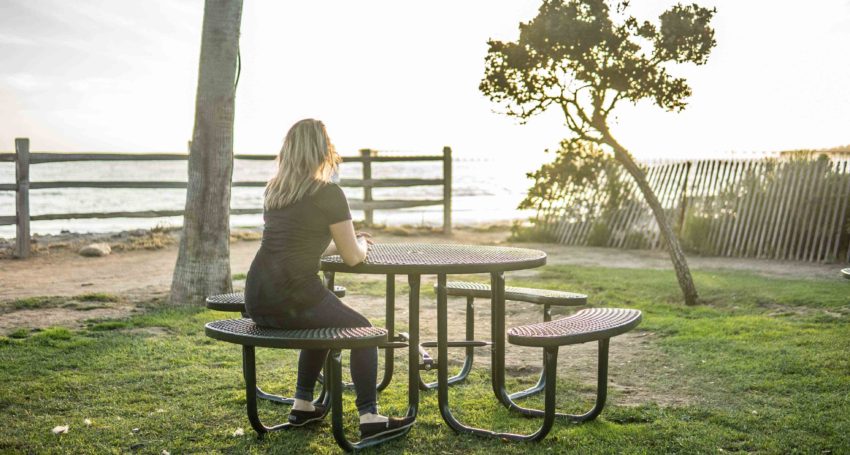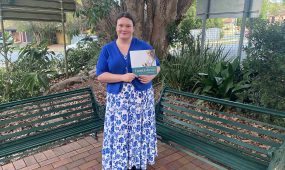The Headship of Men and the Abuse of Women – Are They Related in Any Way?
Books & Guides
“Are ‘male headship’ and domestic and family violence related? This book answers with a firm and convincing ‘yes’,” says The Rev’d Dr Ray Barraclough

Kevin Giles writes within the large evangelical Anglican tent in Australia. This is his contribution to an important current debate when a ‘de facto’ infallible tradition of interpretation tries to face contradictions within its own ranks.
While the book is a ‘must read’ for evangelicals, it also deserves a wider readership. Why? Because what is at stake is vital – namely, the lives and well-being of women and children affected by domestic and family violence. The book charts the occurrence of this abuse within Church contexts, as well as its wider national and international spread.
Giles takes the reader through the available statistics in this field and cites the 2019 study by Jess Hill that males “are the heavy weight champions when it comes to (domestic) abuse and violence; they out-perform women by at least nine to one”. He asks the reader to consider what is the phenomenon that we hear about most: a mother and children fleeing a violent domestic situation seeking shelter or a father and children fleeing from a violent mother. The preponderance of the need for women shelters in Australia answers that question.
The book presents a cumulative case for Giles’ assertion that there is “a causal connection between biblical teaching about a wife’s submission to her husband and the scourge of domestic abuse.” He asserts that “male headship is a dangerous doctrine with malevolent consequences for many women.”
He focuses on synodical discussion in two religious bodies – the Southern Baptist Convention in America and the Anglican Diocese of Sydney.
As well, he exegetes key texts from the Christian scriptures which are germane to the debate. Passages such as Ephesians 5.21-33; Colossians 3.18-19; 1 Peter 2.18-25; 3.1-6; and 1 Timothy 2.8-15. He notes, in particular, the historical contexts shaping these writings.
Advertisement
He refers to abuse amongst regular churchgoers in both American and Australian contexts. His chapter titled ‘The Abuse of Women in the Developing World’ makes grim reading. Anyone who believes ‘male headship’ is God’s ordering for society needs to take into account what this chapter reveals about cultures where ‘male headship’ is prevalent throughout the world.
Giles asks why he has never heard a sermon in church that directly addressed the realities of domestic violence. I suggest one key factor is that the Bible’s male writers express no interest in, or acknowledgment of, the phenomenon (Colossians 3.18-19 itself begs questions. Does “not harshly” mean beatings only once a week instead of daily?).
In the Australian context, public statements by any churches about domestic and family violence only started appearing in the last quarter of the 20th century. In other words, there was almost 2,000 years of silence from the ‘male headship’ Church! Giles observes that we are indebted to successive waves of feminism, from the late 19th century till today, for the rousing of Christians on this issue. They provided the initiative, vision and information.
Advertisement
For example, compare Giles’ survey of the history of English law condoning rape in marriage over the centuries, and its recent repeal in Australian states – in New South Wales, opposition to that repeal came from some Church leaders.
This book is long overdue. While at times it becomes repetitious, it is an essential read, including for Anglicans. If one doubts this, simply consider the statistics on domestic and family violence in present-day Australia, including in the COVID-19 environment.
Are ‘male headship’ and domestic and family violence related? This book answers with a firm and convincing ‘yes’.
Jess Hill, 2019. See What You Made Me Do – Power, Control and Domestic Abuse, Black, Carlton, Victoria, p.203.
Kevin Giles, 2020. The Headship of Men and the Abuse of Women – Are They Related in Any Way? Cascade Books, Eugene, Oregon.





